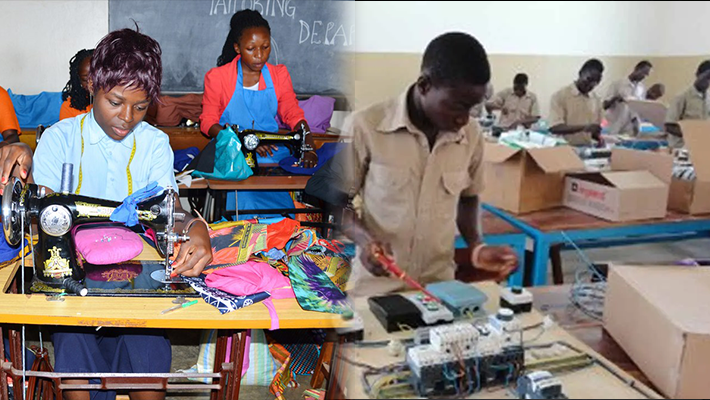FG Overhauls Technical Education Curriculum, Targets Global Standards and Industry Needs

FG Overhauls Technical Education Curriculum, Targets Global Standards and Industry Needs
The Federal Government has unveiled a comprehensive reform of Nigeria’s technical education curriculum designed to ease subject overload, enhance trade competencies, align with international standards, and prepare young Nigerians for modern industrial demands.
As part of the changes, all Federal Science and Technical Colleges (FSTCs) will transition into full Federal Technical Colleges beginning with the 2025/2026 academic session.
According to a statement issued by the Director of Press and Public Relations of the Federal Ministry of Education, Boriowo Folasade, each college will now offer between six and 10 trade courses, while students will be required to study nine to 10 subjects. These will include one trade course; five or six general subjects such as mathematics, English language, physics, chemistry, biology, and citizenship and heritage studies; two or three trade-related subjects; and one elective.
A total of 26 trade areas have been streamlined and modernized to match industry needs and strengthen Nigeria’s economic base. These include Bricklaying and Concreting; Painting, Decoration and Interior Design; Woodwork, Carpentry and Joinery; Welding and Fabrication; Plumbing and Pipe Fitting; Auto-Electrical Wiring; Computer Hardware and GSM Repair; Automobile Mechanics; Refrigeration and Air-Conditioning; Beauty Therapy and Cosmetology; Mechanised Agriculture; Creative Media Production; Autobody Works; Electronic Systems Maintenance; Catering Craft Practice; Furniture Making and Upholstery; Solar PV Installation and Maintenance; Networking and System Security; Fashion Design and Garment Making; Social Media Content Creation; Livestock Farming; Tiling and Cladding; Fish Farming; Automobile CNG Conversion; Motorcycle and Tricycle Repairs; and Leather Works.
“The reforms also aim to focus on students learning trades relevant to industry while strengthening Nigeria’s manufacturing, services, and digital economy,” the ministry stated.
Boriowo added that the inclusion of Citizenship and Heritage Studies, which blends Nigerian history, civic education, and social studies, will provide students with a strong foundation in national values alongside technical skills. “The new curriculum will better position students to compete in the global economy, ensuring they are gainfully employed and contribute meaningfully to national development,” she said.
The ministry assured schools, parents, and students of its full support to ensure a seamless transition into the restructured curriculum






